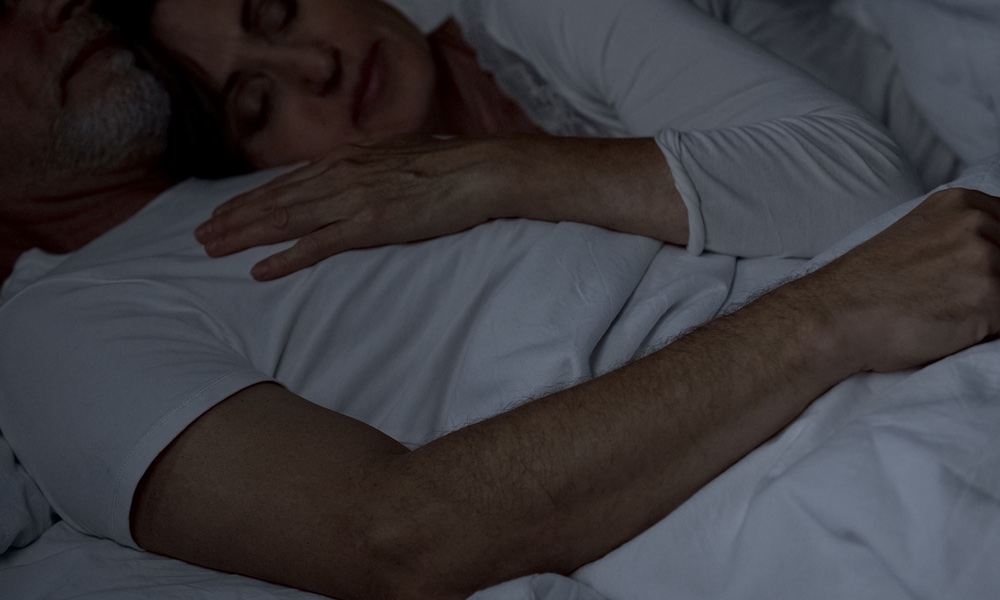Would you want to read your doctor's notes about you? In a study recently underway, nearly 25,000 patients are going to have easy access to their doctor's notes for the next 12 months.
Patients do have the right to read their doctor's notes. But few do so. And not every one wants to.
The study is called OpenNotes. Over 100 primary care physicians associated with hospitals in Massachusetts, Pennsylvania and Seattle are inviting over 25,000 of their patients to read their notes over a secure Internet portal.
Doctors worried about demands on their time...They also worried about inappropriate reactions from patients misinterpreting abbreviations such as SOB, which usually means short of breath.
Doctor's notes vary tremendously, from short series of abbreviations that resemble cryptograms to long, lyrical essays. As part of a pre-study assessment, the researchers interviewed both doctors and patients about their hopes and fears of what will happen when patients try to interpret these notes.
Doctors worried foremost about demands on their time. They anticipated a wave of calls and e-mails from patients seeking clarifications or disagreeing with the information in the notes. They also worried about inappropriate reactions from patients misinterpreting abbreviations such as SOB, which usually means short of breath. Some doctors felt that open access to their notes would cause them to write less precise notes than they normally did. This could even lead to a situation where they would need to keep two different sets of notes, as some businesses are alleged to keep two different sets of books for tax purposes. And some doctors were just plain embarrassed about their writing skills.
On the other hand, doctors also saw potential benefits. Chief among these was that the notes would help remind the patient of what was said and done during their last visit and not leave this solely to the patient's memory. Not only would this lessen confusion, it could also cut down on the need for patient follow-up calls. And the information would also be helpful to patients who seek a more active role in their care.
Patients had hopes and fears about reading their doctors' notes, too. Their fears were mainly related to discovering something they would rather not know: finding potential diagnoses that might make them anxious, or reading what their doctors really thought of them. Patients also worried about just how secure these secure portals really were. Both lawyers and insurance companies are often very interested in the medical information contained in a doctor's notes, information that they rarely have a legal or ethical right to see.
One patient has already reported a tangible benefit from the system. The patient had been informed during a doctor visit that a spot on his forehead was possibly a pre-cancerous lesion. The doctor recommended that the patient make an appointment to have this spot removed. But the patient forgot. Until he looked over his doctor's notes a few weeks later and made that appointment.
The OpenNotes study has the potential to lead to a whole new era in doctor-patient communication. One of the researchers expressed the hope that one day doctors and patients will generate records together and that OpenNotes will be a start down that road.
Of course, the idea of patients routinely accessing their doctor's notes is so new that nobody is quite sure what it will lead to. The only certainty is that this will be a very interesting year for the doctors and patients taking part in the study.
An article detailing the hopes, goals and design of the OpenNotes study was published in the July 20, 2010 issue of Annals of Internal Medicine.




